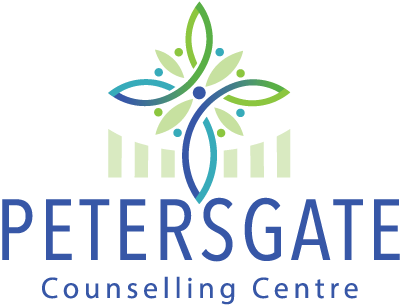In today’s interconnected, media-saturated world, many people feel like they're living in a time of chaos. War zones dominate headlines. Violent crimes, mass shootings, political instability, economic uncertainty, and climate-related disasters bombard us through screens. Even within our communities, increases in family violence, substance abuse, and social fragmentation further fuel a sense of danger and instability.
The world doesn’t just feel more violent, it is more visibly violent due to the immediacy and saturation of information. While some statistics show that violence overall may be lower than in past centuries, the 24/7 exposure, especially through social media and online news, amplifies the psychological impact. This continuous onslaught of distressing events is taking a profound toll on the global psyche.
These days, it’s not unusual to hear people say, “The world has gone mad.” Even if we’re not directly affected, we still carry the emotional weight of what we see, read, and hear every day.
Exposure to violence, whether direct, witnessed, or vicarious through media, activates the brain’s fight-or-flight response. For many, this becomes a chronic state. People may live in constant alertness, fearing for their safety or that of their loved ones. This hypervigilance, over time, leads to anxiety disorders, sleep disruption, fatigue, and difficulty concentrating.
In times of threat, some people withdraw. Fear can breed isolation, distrust, and even aggression. Social cohesion frays when communities are marked by fear, polarisation, or economic hardship.
Compassion fatigue, emotional exhaustion from consistently empathising with the pain of others, can blunt one's capacity to care or respond meaningfully, deepening feelings of helplessness and guilt.
How Counselling Can Help
Despite the darkness, there is also resilience, hope, and healing. One of the most effective tools available for navigating the psychological toll of a chaotic world is counselling.
- Providing a safe space to process - Counselling offers a confidential and non-judgmental environment to explore emotions stirred by violence, fear, or trauma. Simply being heard and validated can provide immense relief for those who feel overwhelmed, helpless, or emotionally numb.
- Reducing Isolation and building connections – Counselling relationships foster a sense of connection and trust, especially valuable when societal bonds feel broken. Group therapy or community-based counselling models can also rebuild solidarity among individuals experiencing similar stresses.
- Developing coping strategies - Through counselling, individuals learn tools to manage anxiety, reduce stress, and regulate emotional responses. Techniques such as mindfulness, cognitive-behavioural strategies, and grounding exercises help people respond to chaos without becoming overwhelmed by it.
- Restoring agency and hope - Counsellors support clients in identifying what they can control in an uncontrollable world. This empowerment—whether through boundary-setting, activism, spiritual reflection, or building resilience—helps counteract the powerlessness that global violence often induces.
- Reimagining a healthier future - If we are to collectively weather the emotional storms of our era, we must prioritise mental health, not as an afterthought, but as central to societal wellbeing. This means funding counselling services, reducing stigma, and integrating mental health care into schools, workplaces, and community spaces.


